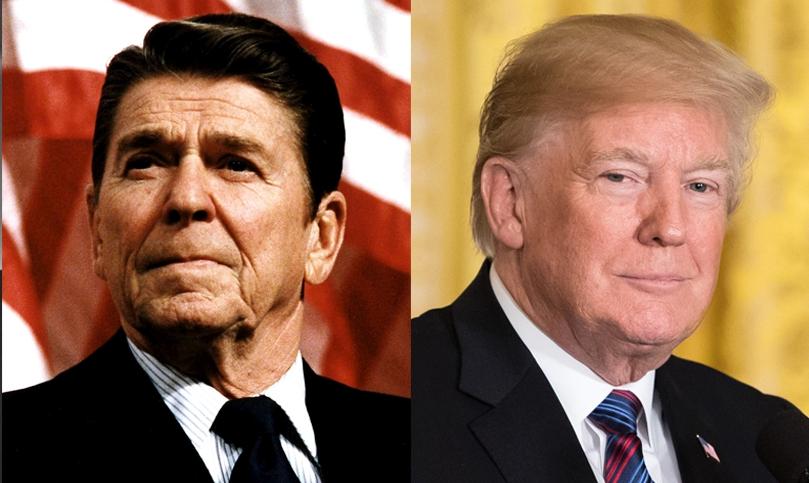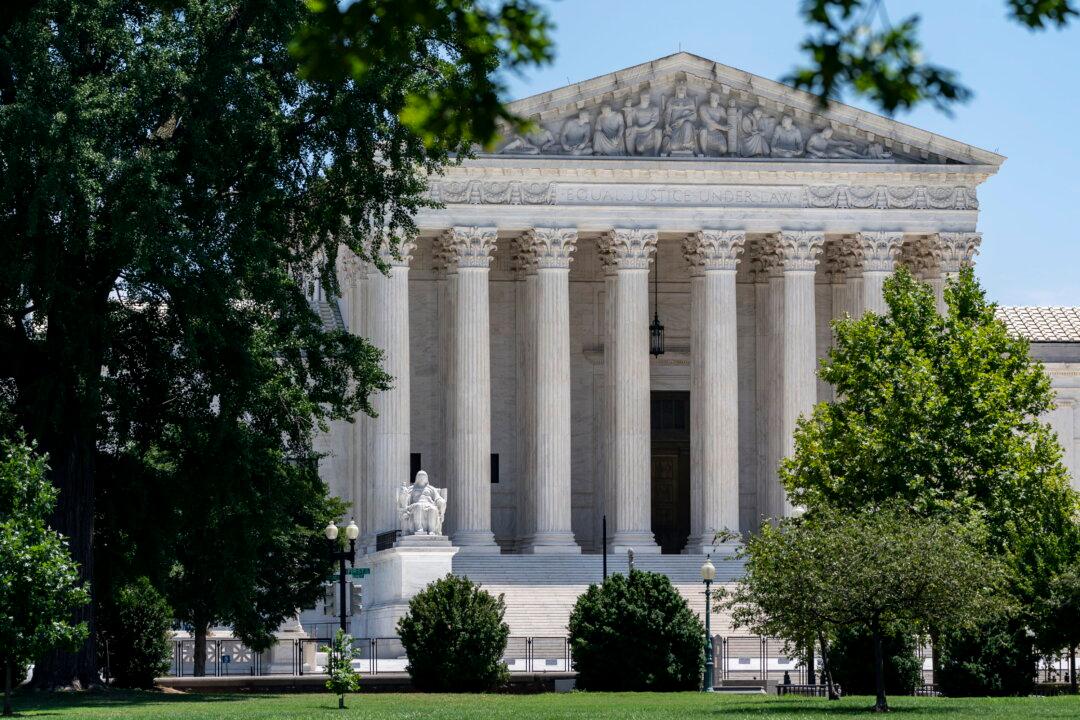Commentary
I remember the evening of Nov. 4, 2008, very clearly. A number of Jewish Republicans had gathered in the house of a wealthy couple in Menlo Park, California, to hear the election results. The house was more like an art museum with bedrooms; large paintings of varied styles hung on the long, smooth white walls.





